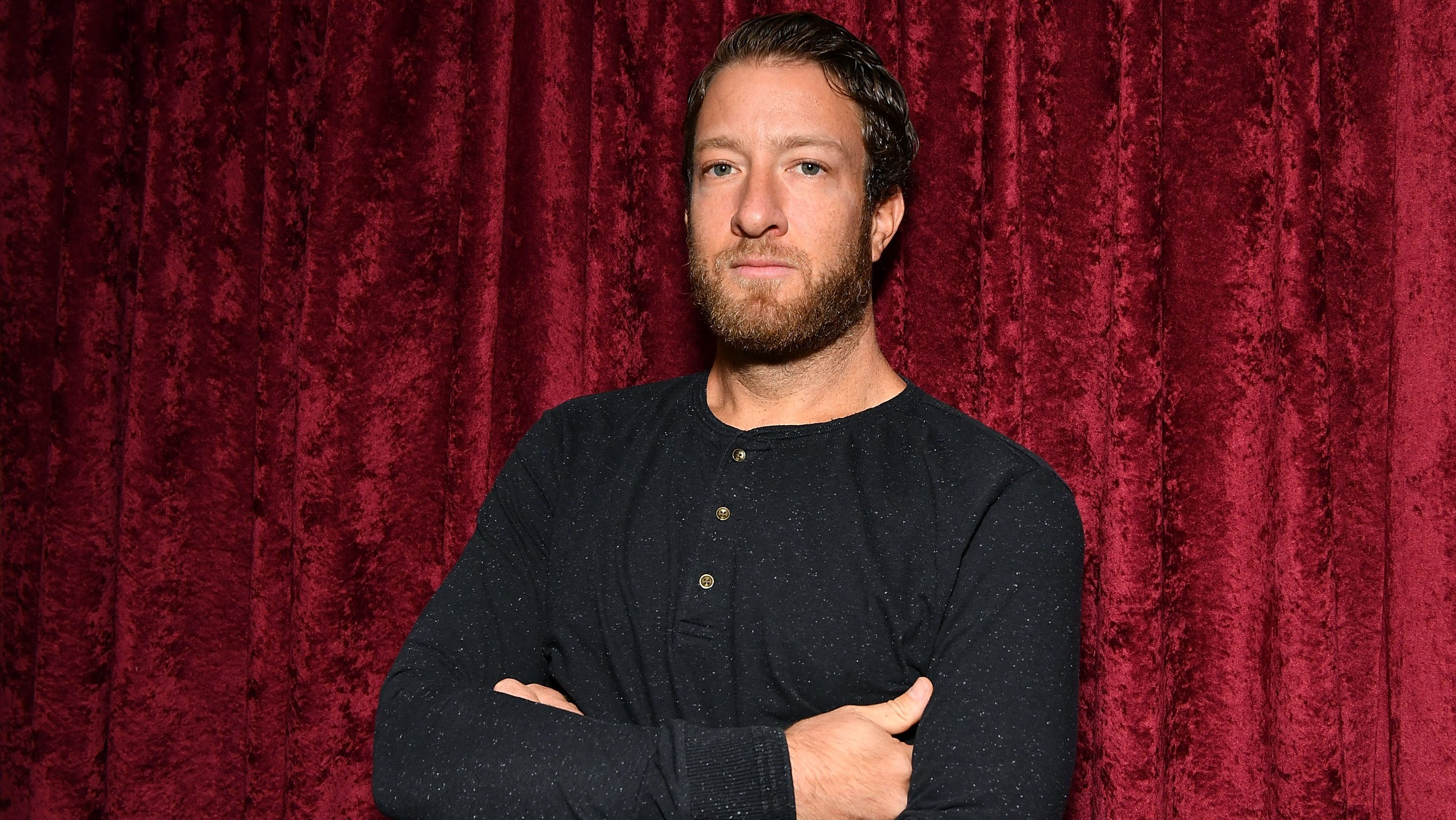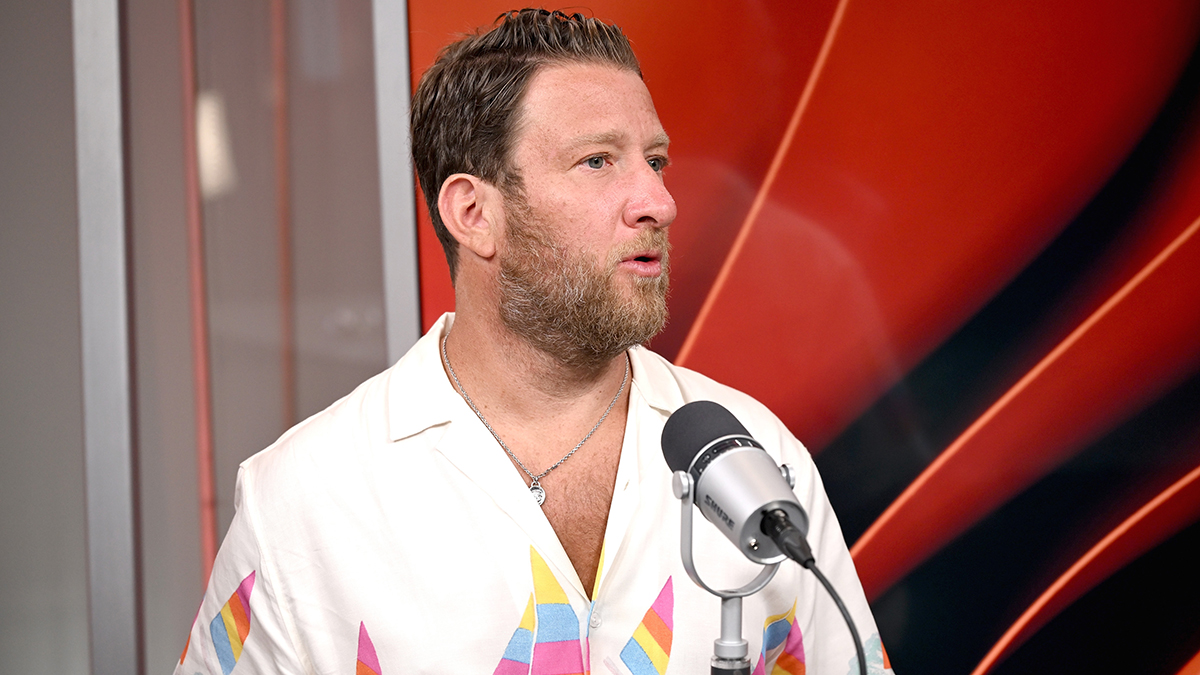Temple Student's "Edgy Joke" Sparks Outrage: Barstool Feud Erupts
Introduction: A Sign of the Times?
The internet is a wild place, isn't it? One minute you're scrolling through funny cat videos, the next you're staring at a digital dumpster fire fueled by controversy. Recently, a Temple University student found himself in the center of one such inferno after an incident involving an antisemitic message at a Barstool Sports bar in Philadelphia. What started as a seemingly isolated event quickly escalated into a full-blown online showdown, raising questions about free speech, responsibility, and the power of social media.
The Incident: What Actually Happened?
According to reports, and subsequent admissions, Mo Khan, a 21-year-old Temple University student, posted a video to social media. The video purportedly showed a woman, believed to be a server at Barstool Sansom Street in Philadelphia, holding a sign displaying what many considered an antisemitic message. The specifics of the message are crucial, but let’s say it wasn’t exactly a warm welcome to the Jewish community. This instantly sparked outrage online, and the video quickly went viral.
The Student Speaks Out: Defending the "Joke"
Instead of offering an apology or quietly fading into the background, Khan doubled down. In a video posted on X (formerly Twitter), he identified himself as the person who posted the original video and defended his actions. His defense? He called it an "edgy joke." But is everything a joke? Where is the line, and when do jokes become hurtful and harmful?
Dave Portnoy's Response: Barstool Weighs In
Enter Dave Portnoy, the founder of Barstool Sports. Portnoy, who is Jewish, took to social media to express his outrage. With millions of followers hanging on his every word, his posts amplified the controversy, turning the spotlight directly onto Khan and Temple University. Portnoy wasn't just upset; he was actively calling out the behavior and demanding accountability. This is a classic example of social media flexing its muscles.
Free Speech vs. Hate Speech: Where is the Line?
Khan argued that his actions were protected under the umbrella of free speech. He claimed that Portnoy and Barstool Sports were trying to "destroy" his life over what he considered a protected expression. But here's the million-dollar question: Does free speech extend to hate speech? Is there a point where expression crosses the line and becomes harmful, inciting hatred or violence? It's a debate as old as the First Amendment itself.
The Legal Landscape
Legally, free speech protections are not absolute. Certain categories of speech, such as incitement to violence, defamation, and true threats, are not protected. However, the line between protected and unprotected speech can be blurry, and often depends on the specific context and intent.
The Court of Public Opinion
Even if Khan's actions are technically protected under the First Amendment, he's still subject to the court of public opinion. And in the digital age, that court can be swift and unforgiving. The internet never forgets, and online reputations can be fragile.
The "Genocide" Argument: A Troubling Comparison
In a particularly inflammatory statement, Khan attempted to deflect criticism by comparing the impact of the antisemitic sign to the ongoing conflict in the Middle East. “That sign had no effect in terms of killing any Jews. However, Israel kills thousands..." he stated. This comparison is not only insensitive but also deeply problematic. It attempts to justify antisemitism by invoking a complex and tragic geopolitical issue. Equating a hateful message to acts of violence is a dangerous and disingenuous tactic.
Temple University's Response: A Delicate Balance
Universities often find themselves walking a tightrope in situations like this. On one hand, they want to uphold principles of academic freedom and free speech. On the other hand, they have a responsibility to create a safe and inclusive environment for all students. So, how should Temple University respond? Should they discipline Khan? Should they issue a statement condemning antisemitism? It's a no-win situation.
The Importance of Context
Context matters. If Khan's actions violated the university's code of conduct, particularly any policies related to discrimination or harassment, then disciplinary action might be warranted. However, universities must also be careful not to stifle legitimate expression, even if it's unpopular or offensive.
Promoting Dialogue
Perhaps the best approach is to use this incident as an opportunity for dialogue and education. Temple University could host workshops or forums on antisemitism, hate speech, and the importance of respectful discourse.
The Power of Social Media: A Double-Edged Sword
This entire incident underscores the immense power of social media. It can amplify voices, expose wrongdoing, and hold individuals accountable. But it can also be used to spread misinformation, incite hatred, and ruin lives. Social media is like a loaded gun: it can be used for good or for evil.
The Viral Effect
The speed at which the video spread is a testament to the power of virality. A single post can reach millions of people within hours, creating a global conversation—or a global outrage.
Online Accountability
Social media has made it easier to hold individuals accountable for their actions. In the past, an incident like this might have gone unnoticed. But today, thanks to the internet, there's nowhere to hide.
The Broader Issue: Antisemitism in America
This incident is not an isolated event. It's part of a broader trend of rising antisemitism in America and around the world. According to the Anti-Defamation League (ADL), antisemitic incidents have been on the rise in recent years, fueled by online conspiracy theories and extremist ideologies. This is a disturbing trend that demands attention and action.
The Role of Education: Combating Hate Through Knowledge
Ultimately, the best way to combat antisemitism is through education. By teaching people about the history and impact of antisemitism, we can help to prevent future incidents. Education is not just about facts and figures; it's about fostering empathy, understanding, and respect for others.
Moving Forward: A Call for Unity and Understanding
Where do we go from here? This incident is a stark reminder of the challenges we face in a polarized world. It's a call for unity, understanding, and a renewed commitment to combating hate in all its forms. We need to learn from this incident, engage in constructive dialogue, and work together to create a more inclusive and respectful society. And maybe, just maybe, learn to be a little less edgy on the internet.
Conclusion: Lessons Learned and Paths Forward
The Temple University student's defense of the antisemitic incident at Barstool serves as a stark reminder of the complex interplay between free speech, hate speech, and social responsibility in the digital age. This event underscores the power of social media to amplify both positive and negative messages, the delicate balance universities must strike between upholding free expression and ensuring a safe environment, and the persistent challenge of combating antisemitism. Moving forward, education, dialogue, and a commitment to respectful discourse are crucial steps in fostering a more inclusive and understanding society.
Frequently Asked Questions
- What exactly was the antisemitic message displayed on the sign?
While the exact wording hasn't been widely publicized to avoid further propagation, it contained a derogatory and offensive statement targeting Jewish people, relying on harmful stereotypes.
- What disciplinary actions, if any, could Temple University take against the student?
Temple University could potentially take disciplinary action if the student's actions violated the university's code of conduct, particularly policies concerning discrimination, harassment, or hate speech. The severity of the punishment could range from a warning to suspension or expulsion, depending on the specific circumstances.
- How has Dave Portnoy, and Barstool Sports, been involved beyond his initial social media posts?
Beyond his initial posts, Portnoy has used his platform to keep the incident in the public eye. He's publicly called for accountability and has, at times, been critical of Temple University's response. The extent of any further involvement from Barstool Sports remains to be seen.
- Why is it important to distinguish between free speech and hate speech?
Free speech is a fundamental right, but it is not absolute. Hate speech, which promotes violence, discrimination, or hatred against protected groups, often falls outside the scope of protected speech. This distinction is crucial for balancing individual liberties with the need to protect vulnerable communities.
- What resources are available to learn more about antisemitism and how to combat it?
Organizations like the Anti-Defamation League (ADL), the American Jewish Committee (AJC), and the Simon Wiesenthal Center offer valuable resources, educational materials, and advocacy programs to combat antisemitism and promote understanding and tolerance. Many universities and community centers also host workshops and events on this topic.


